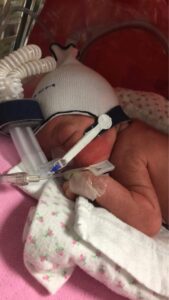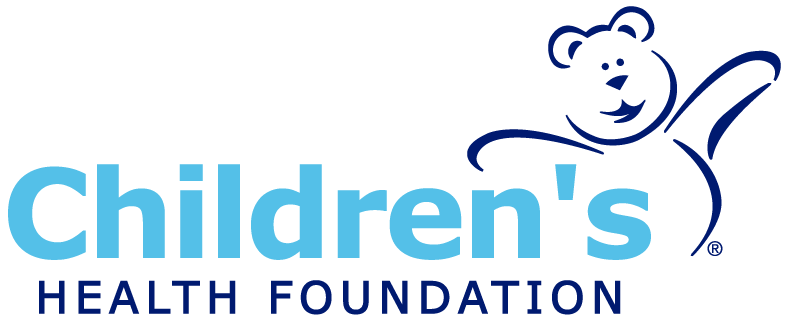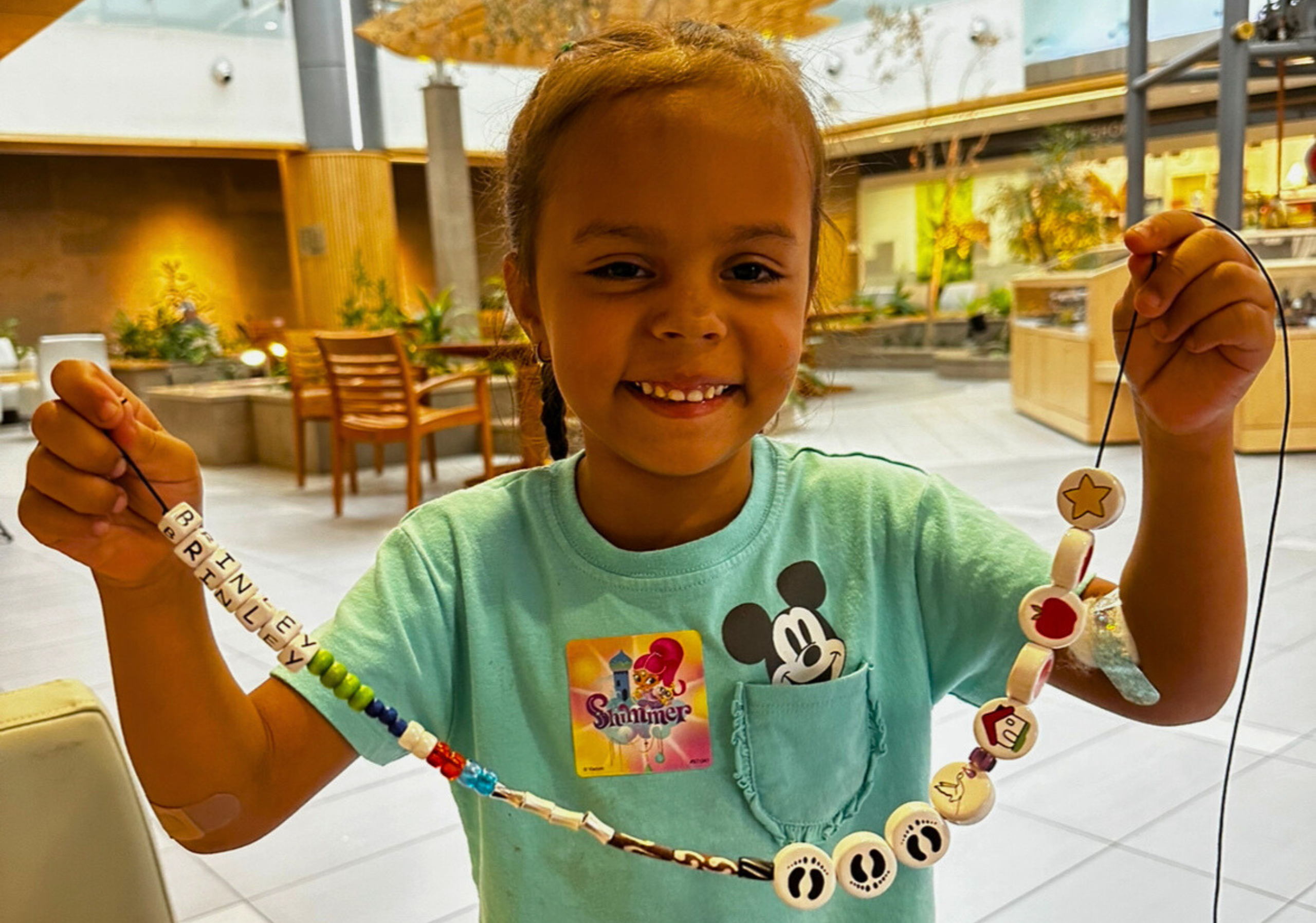Kaylee had every reason to expect her pregnancy with her daughter Brinley to progress well — until her third trimester.
Brinley just wasn’t growing at a proper pace, measuring small for where she should have been. Kaylee’s care team diagnosed Intrauterine Growth Restriction, a condition in which a baby isn’t getting enough nutrients in utero — which can be caused by many factors, including placental or umbilical cord issues, an infection, birth defects, high blood pressure, and more. At 36 weeks gestation, Kaylee’s doctors determined the safest path would be to induce labour, and Brinley was born.
Despite Brinley’s growth issues, she should have been able to breathe on her own. Unfortunately, she couldn’t.
In the Neonatal Intensive Care Unit, Brinley was put on CPAP (continuous positive airway pressure) to help her breathe, and then when she was just 24 hours old, she was intubated and put on a feeding tube.
“Although it was very tough to see her go through this, the staff were excellent, supportive, and helpful,” Kaylee says. “I had a great experience with the nurses.”
Kaylee had already been through a NICU experience with her older daughter, who had jaundice. But Brinley’s time in the NICU caught Kaylee off-guard. “I thought that she was going to come out and she would just be small in size,” Kaylee says.
With some difficulties swallowing, Brinley kept her feeding tube when it was time for her to go home, but she still needed care at Children’s Hospital from time to time. It was a challenging time for Kaylee, given that she had Brinley’s sister to worry about as well, and she was only 20 years old herself at the time.
“I know there’s like a judgment on young moms, but while I was in the NICU and Children’s inpatient, I never felt judged for my age,” she says. “They took the time to listen to me, understanding where I was coming from and what I was saying.”
Brinley’s care team needed to find the root of her problems, and genetic tests determined that she had Charcot-Marie-Tooth disease (CMT), an inherited nerve defect.
For Brinley, that means low muscle tone in her legs, poor reflexes and just general weakness.
CMT is a progressive condition, meaning it will get worse for Brinley over time. For now, Kaylee is doing her best to manage. “Just keeping her safe and happy now is my goal,” she says.
Children’s Hospital has been a cornerstone in Brinley’s care, providing access to vital specialists and therapies, including music and art programs that brought moments of joy during challenging times. Her family also found solace in the unwavering support of compassionate staff, who prioritized listening and understanding over judgment.
Today, Brinley’s care continues under the guidance of a multidisciplinary team, with hopes that ongoing genetic research may offer more answers. For now, her family remains dedicated to embracing the small victories and nurturing her resilience in the face of a progressive condition. Through it all, Brinley’s courage inspires everyone who meets her.
This holiday season, you can support more families like Brinley’s with a gift, and have it help even more than you know. Thanks to the Charabin Family Match of up to $50,000, a gift of $50 becomes $100, and a gift of $100 becomes $200. Think about how many lives would be changed as a result. Hope lives at Children’s because of you.


